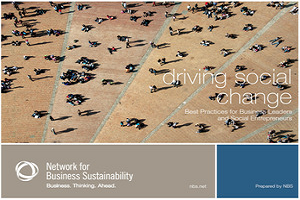To provide the best experiences, we use technologies like cookies to store and/or access device information. Consenting to these technologies will allow us to process data such as browsing behaviour or unique IDs on this site. Not consenting or withdrawing consent, may adversely affect certain features and functions.
The technical storage or access is strictly necessary for the legitimate purpose of enabling the use of a specific service explicitly requested by the subscriber or user, or for the sole purpose of carrying out the transmission of a communication over an electronic communications network.
The technical storage or access is necessary for the legitimate purpose of storing preferences that are not requested by the subscriber or user.
The technical storage or access that is used exclusively for statistical purposes.
The technical storage or access that is used exclusively for anonymous statistical purposes. Without a subpoena, voluntary compliance on the part of your Internet Service Provider, or additional records from a third party, information stored or retrieved for this purpose alone cannot usually be used to identify you.
The technical storage or access is required to create user profiles to send advertising, or to track the user on a website or across several websites for similar marketing purposes.





























March 11, 2013
Flexible working: Falling out of fashion
by Pam Loch • Comment, Legal news, Workplace
Just as ACAS concludes its consultation on flexible working, the practice has been declared démodé by none other than Alexandra Shulman, the editor of British Vogue. Writing in response to the recent news that Yahoo’s Marissa Mayer ordered the company’s 11,500 staff back to the office, the Vogue editor has argued that working from home is not an adequate alternative to showing your face in the workplace. Ms Mayer goes on to note that in a creative environment, important opportunities are missed when absent colleagues are tottering, undressed around their kitchens. The best stories, she says, arise from chance remarks, gossip and jokes between colleagues working alongside each other. More →